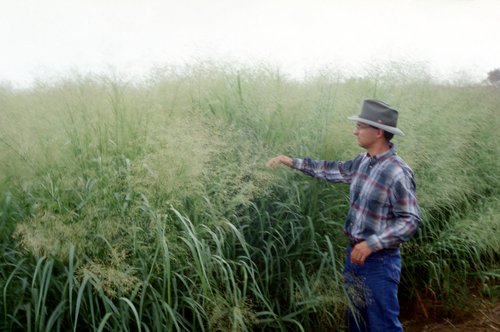DOE Awards $16.5 million for Biomass R&D
 Print this article | Send to Colleague Print this article | Send to Colleague
The U.S. Department of Energy (DOE), Washington, D.C., USA, this past week announced the award of up to $16.5 million for two major research and development cost-share initiatives that will support the expansion of renewable fuels production. Under the first initiative, DOE will invest up to $12 million over three years in four projects that will employ pyrolysis, the heating of biomass in the absence of oxygen to create a bio-based oily liquid called bio-oil. The projects will explore a variety of catalytic processes to upgrade this bio-oil into so-called "drop-in" biofuels—advanced biofuels that are compatible with the existing fueling infrastructure.
Drop-in biofuels may include a bio-based crude oil substitute that could be processed in existing refineries, as well as bio-based versions of gasoline, diesel fuel, and jet fuel that can be handled the same way as their petroleum-based counterparts. For example, the Gas Technology Institute will test wood, corn stover, and an aquatic plant in an automated, integrated pilot facility that converts biomass directly into gasoline and diesel fuel.
Under the second initiative, DOE will provide up to $4.5 million to three projects focused on developing sustainable methods of biomass crop production. The projects will design, model, and implement biomass production systems across different regions of the country while looking at factors such as how plants impact soil erosion and water quality, quantifying the environmental impacts of different strategies for producing energy crops and using crop residues. The projects will also provide insight into where to locate bioenergy crops within a landscape to maximize their potential positive impacts.
Under this initiative, a team led by North Carolina State University will examine sites in Alabama, Mississippi, and North Carolina and will investigate biomass production options that are compatible with forest management, with a focus on the intercropping of pine and switchgrass. Meanwhile, the University of Minnesota and Purdue University will focus on energy crops in the Mississippi River watershed and watersheds in the Upper Midwest, respectively.
Switchgrass (shown in the photo below) will be studied by North Carolina State University to determine if it can be sustainably grown in close proximity to pine trees.

|
|

